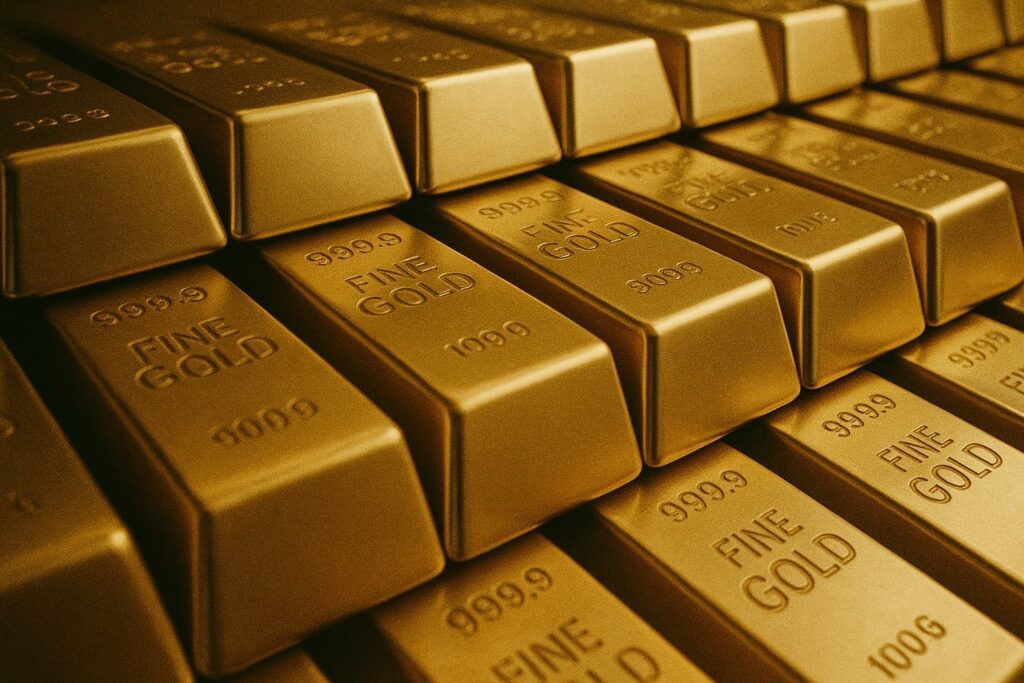Golden Dominance of the Maghreb
In the intricate dance of international finance and power, gold remains a steadfast partner—a reliable asset amidst the swirling uncertainties of today’s geopolitical climate. North Africa, more specifically the Maghreb region, holds a notable share of Africa’s official gold reserves, illustrating an enduring dominance bolstered by both historical and economic factors. The combined gold holdings of Algeria, Libya, and Egypt reach an impressive 448 tonnes, representing two-thirds of the continent’s reserves as reported by the World Gold Council for the first quarter of 2025. This continued dominance can partially be attributed to the substantial oil and gas revenues derived by Algeria and Libya, facilitating the conversion of surplus energy income into stable gold assets. Additionally, Egypt’s financial heritage as a historical banking hub in the region further solidifies its position in gold reserves.
Infrastructure Developments and Strategic Shifts
The strategic importance of gold is reflected not just in the amounts held but also in the infrastructure improvements underway in these countries. Algeria, Libya, and Egypt are undertaking significant projects to develop secure storage facilities within their capitals, aiming to repatriate gold currently stored in global financial centers like London and Zurich. This drive for localization highlights a broader strategic shift among African nations seeking to enhance their financial sovereignty and security. The physical repatriation of gold is not only a symbolic assertion of independence but also a practical measure to safeguard national assets amidst global economic fluctuations.
Sub-Saharan Gold Ambitions
While the Maghreb maintains its leading position, signs of significant growth in sub-Saharan gold reserves are emerging, led by countries like Ghana. Ghana’s reserves have soared due to policies such as the ‘Gold-for-Oil’ program and mandates which require mining companies to contribute a portion of their output to the central bank. This policy has catapulted Ghana to fifth place on the continent with 31.01 tonnes of gold—an achievement marking a promising trend of reserve accumulation in the West African nation. In a similar vein, countries including Nigeria and Kenya are publicly announcing their intentions to bolster gold purchases as part of broader de-dollarization strategies. This movement is aligned with global trends, where a substantial number of central banks have expressed intentions to increase gold holdings within the coming years, as highlighted by the World Gold Council.
Future Scenarios and Global Context
Looking ahead, Africa’s trajectory in gold reserve accumulation suggests several intriguing possibilities. Should the current pace continue, total reserves could surpass the symbolic 1,000 tonnes mark by the decade’s end. Concurrently, the increasing discussions on central bank digital currencies, potentially partially backed by gold, introduce complex scenarios that could reshape monetary confidence across Africa. Globally, the need for gold is underscored by a peak price of $3,500 per ounce in April 2025, a reflection of central banks’ voracious appetite for the metal amid persistent international tensions. Strategically relocating gold reserves within the continent represents a critical maneuver for enhancing economic independence and resilience. This race for gold captures a broader narrative of shifting monetary power dynamics, where Africa’s role, though small as a fraction of the global total—less than 2% according to IMF and WGC—foreshadows an evolving landscape in global reserves. With these prevailing dynamics, the compelling question revolves not around the possibility but the velocity of sub-Saharan convergence with their Maghreb counterparts.

